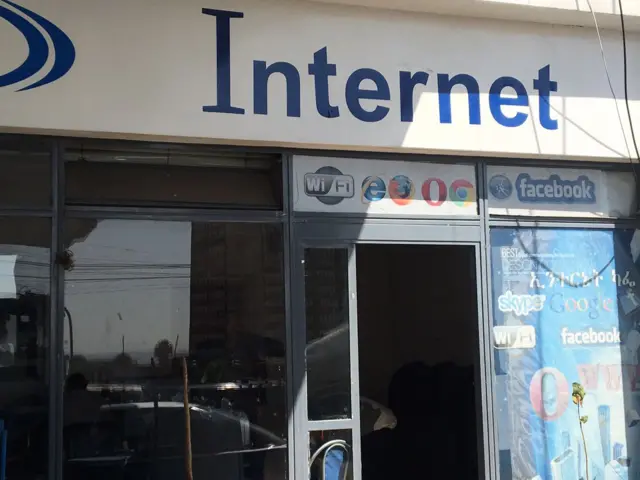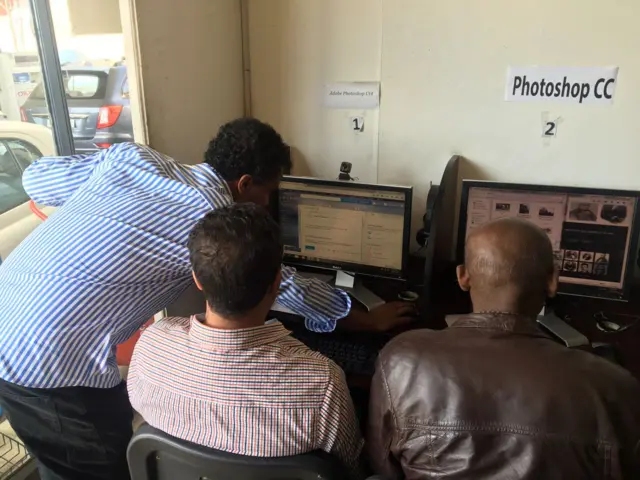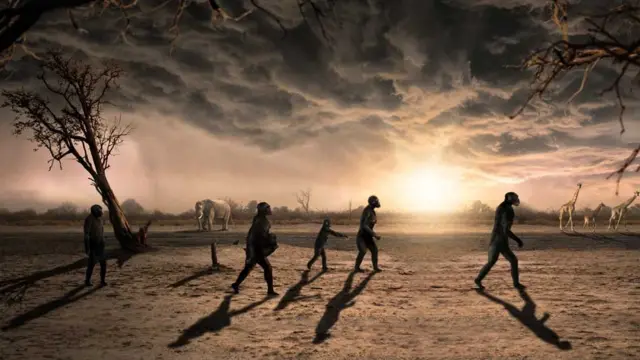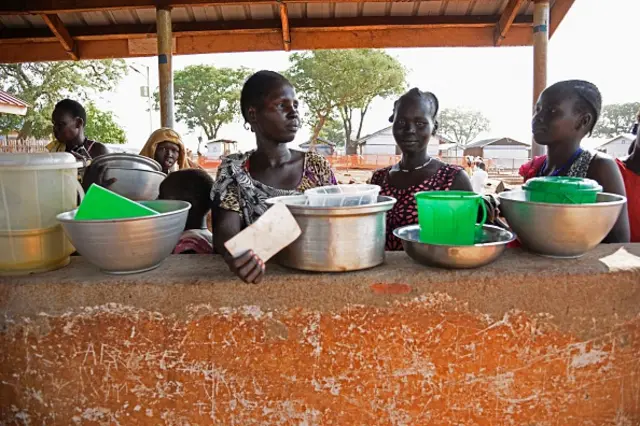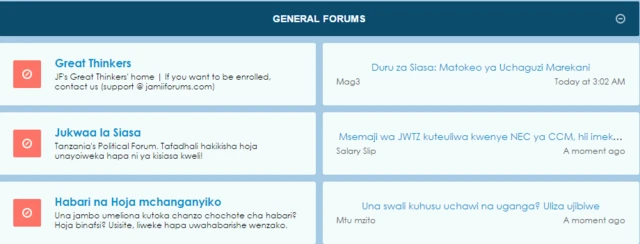Kenyan nurses end strikepublished at 12:00 GMT 14 December 2016
Nurses in Kenya have ended their strike after their union signed a return-to-work deal.
The Ministry of health has been tweeting details of the agreement:
Allow X content?
This article contains content provided by X. We ask for your permission before anything is loaded, as they may be using cookies and other technologies. You may want to read X’s cookie policy, external and privacy policy, external before accepting. To view this content choose ‘accept and continue’.
Nurses joined doctors in a nationwide strike on 5 December paralysing services in public hospitals.
Doctors have ignored several calls to return to work saying they would only do so when a pay package deal agreed in 2013 is honoured.


